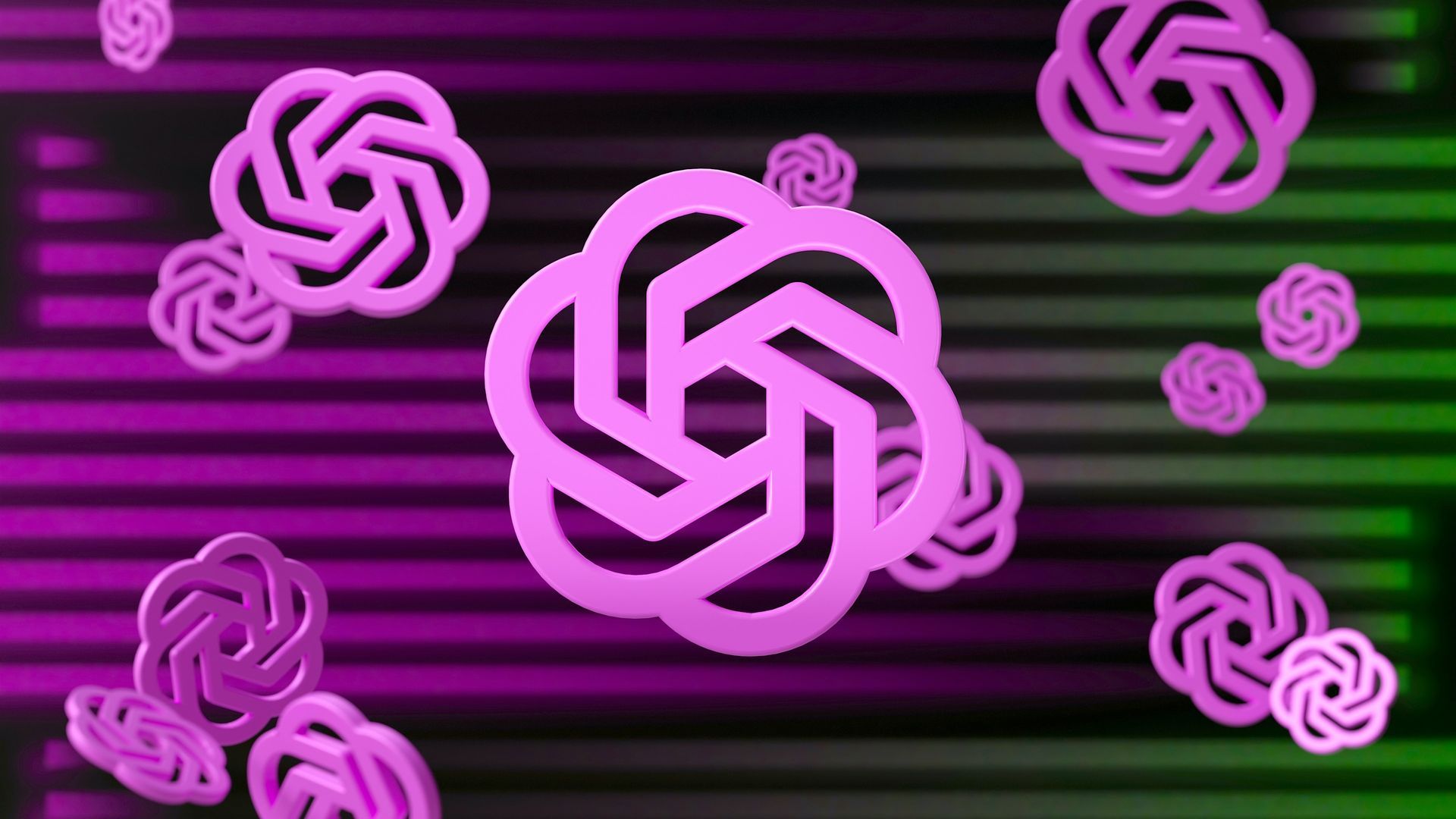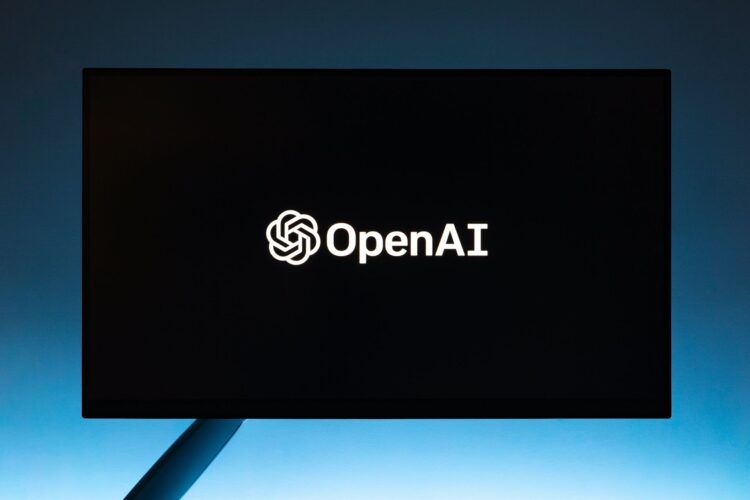OpenAI Copyright Shield, a big announcement from the OpenAI Dev Day, is poised to redefine how the industry approaches copyright-related challenges. The necessity for such a groundbreaking initiative becomes evident as the collision of AI innovation and copyright protection creates ripples across the tech industry. With AI models like ChatGPT continuously pushing the boundaries of human-like text generation, the use of vast and diverse datasets becomes essential in their development. However, this methodology also brings the potential for copyright infringement claims, as copyrighted material often finds its way into these datasets.
In response to these challenges and legal battles faced by industry giants, OpenAI has taken the lead, setting a new precedent by introducing the Copyright Shield. This proactive initiative aims to protect and defend its customers, who rely on ChatGPT Enterprise and the ChatGPT API, from the legal turmoil that can accompany claims of copyright infringement.

OpenAI Copyright Shield explained
OpenAI’s Copyright Shield is a comprehensive legal initiative designed to protect and support its customers who use ChatGPT Enterprise and the ChatGPT API in cases involving copyright infringement claims. Here’s a detailed breakdown of what Copyright Shield entails:
- Legal defense: OpenAI commits to providing legal defense for its customers who are confronted with legal claims related to copyright infringement. This defense includes the costs associated with hiring lawyers and fighting the legal battle.
- Cost coverage: OpenAI will cover the financial burden incurred during the legal process, which can include attorney fees, court costs, settlements, and damages, up to the limits specified in the terms of the Copyright Shield.
- Applicability: OpenAI Copyright Shield is available to users of ChatGPT Enterprise, a subscription-based service tailored for businesses, and developers who use the ChatGPT API to integrate ChatGPT into their own applications. It provides protection against copyright infringement claims for these customers.
- Exclusions: Users of the free version of ChatGPT and ChatGPT+ are not covered under Copyright Shield. This protection is specifically aimed at business clients and developers who subscribe to or license ChatGPT services.
- Industry standard: While OpenAI is a heavyweight player in the AI industry, it’s worth noting that it’s not the first to offer such legal protection. Other tech giants like Google, Microsoft, and Amazon have also extended similar offers to users of their generative AI software. In the creative software realm, companies like Getty Images, Shutterstock, and Adobe have provided similar financial liability protection for their image-making software.
- Context: The introduction of Copyright Shield comes in response to a series of copyright infringement lawsuits filed against OpenAI by well-known authors and the Authors Guild. These authors allege that their copyrighted works were used without authorization in the training data for ChatGPT.
- AI training data: To develop AI models like ChatGPT, companies feed the models vast amounts of text data sourced from the internet. This training data often includes a wide range of text, which may encompass copyrighted material. OpenAI, like other AI developers, relies on a diverse dataset that can sometimes include content from copyrighted books and other sources.
Copyright Shield is a proactive measure by OpenAI to address legal concerns related to copyright infringement and offer support to its customers in navigating such claims. It underscores OpenAI’s commitment to fostering a creative and responsible AI ecosystem while providing reassurance to businesses and developers who choose to leverage their AI technology.
Featured image credit: Andrew Neel/Pexels





